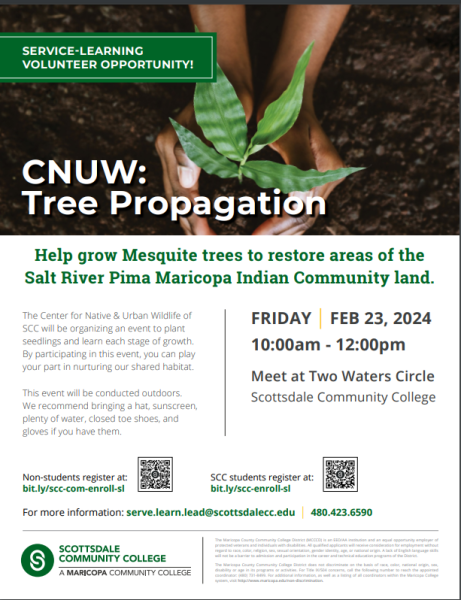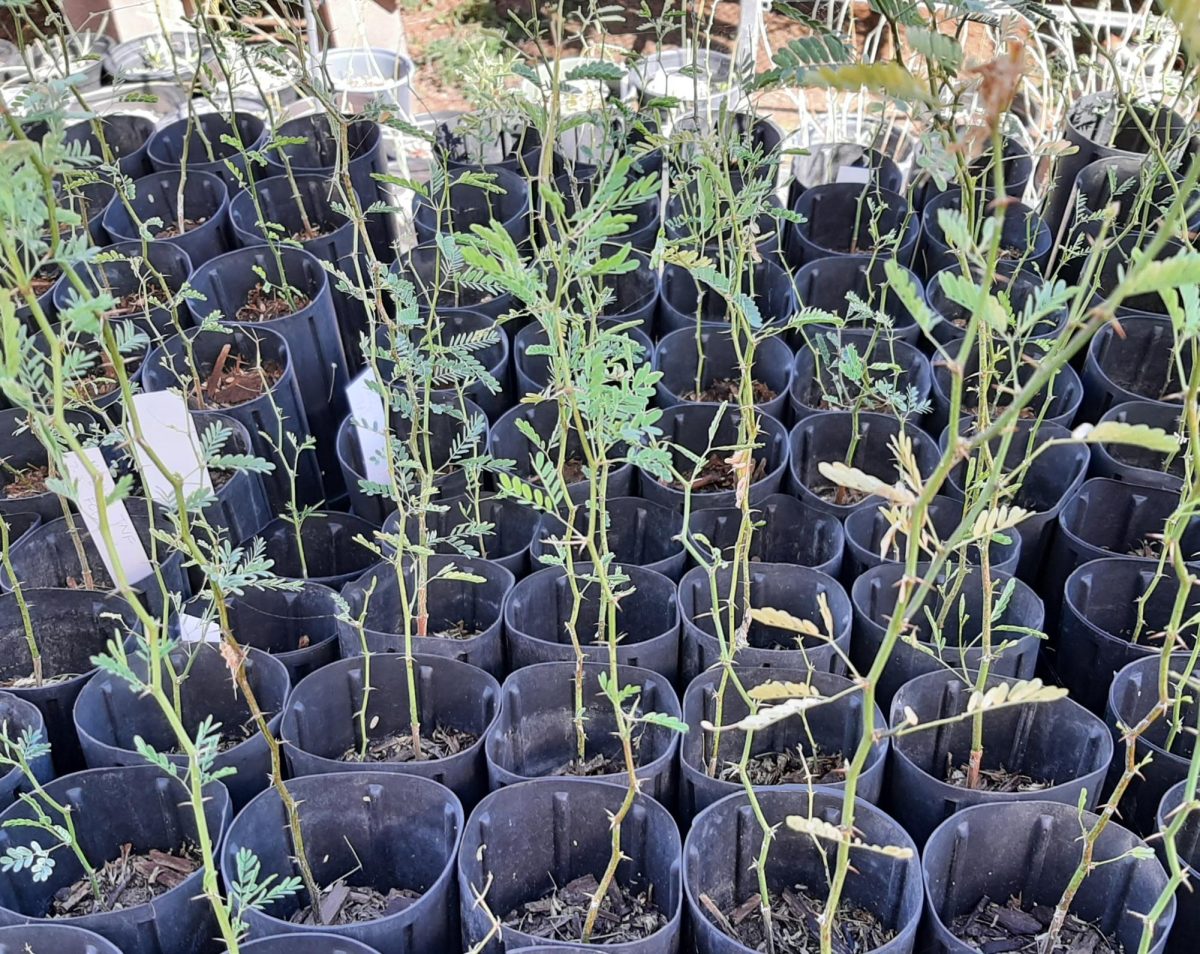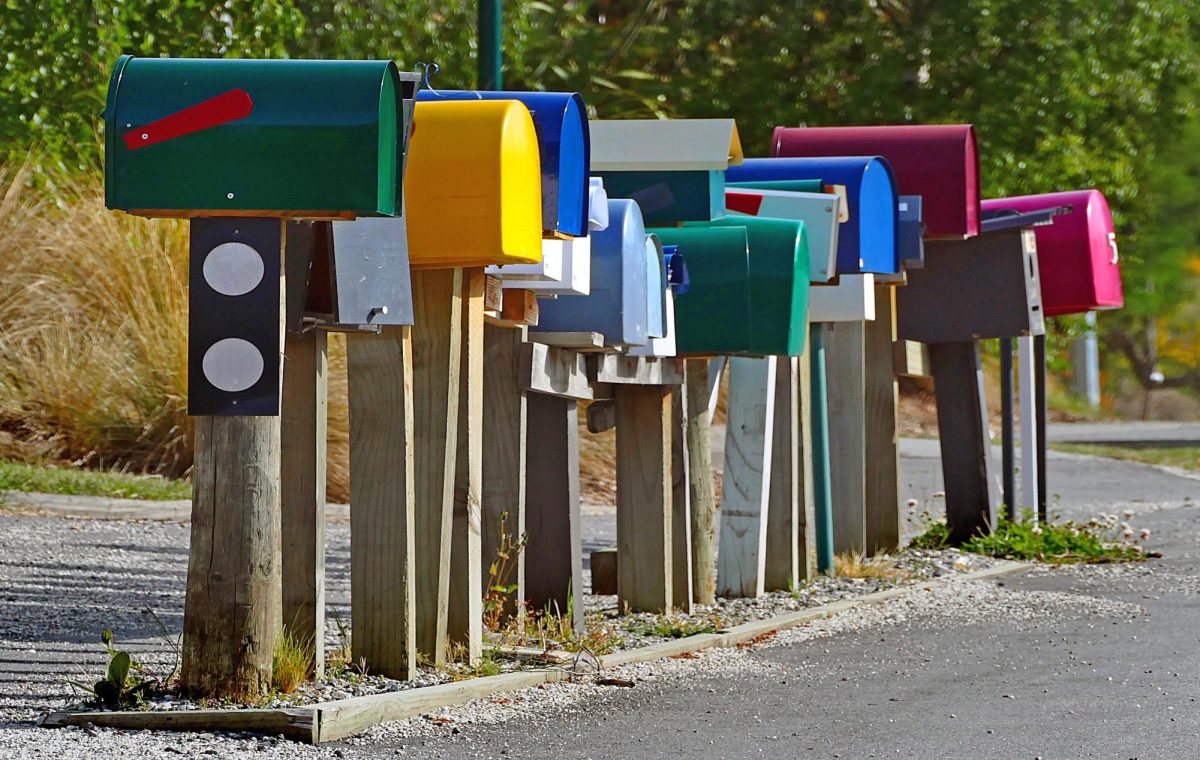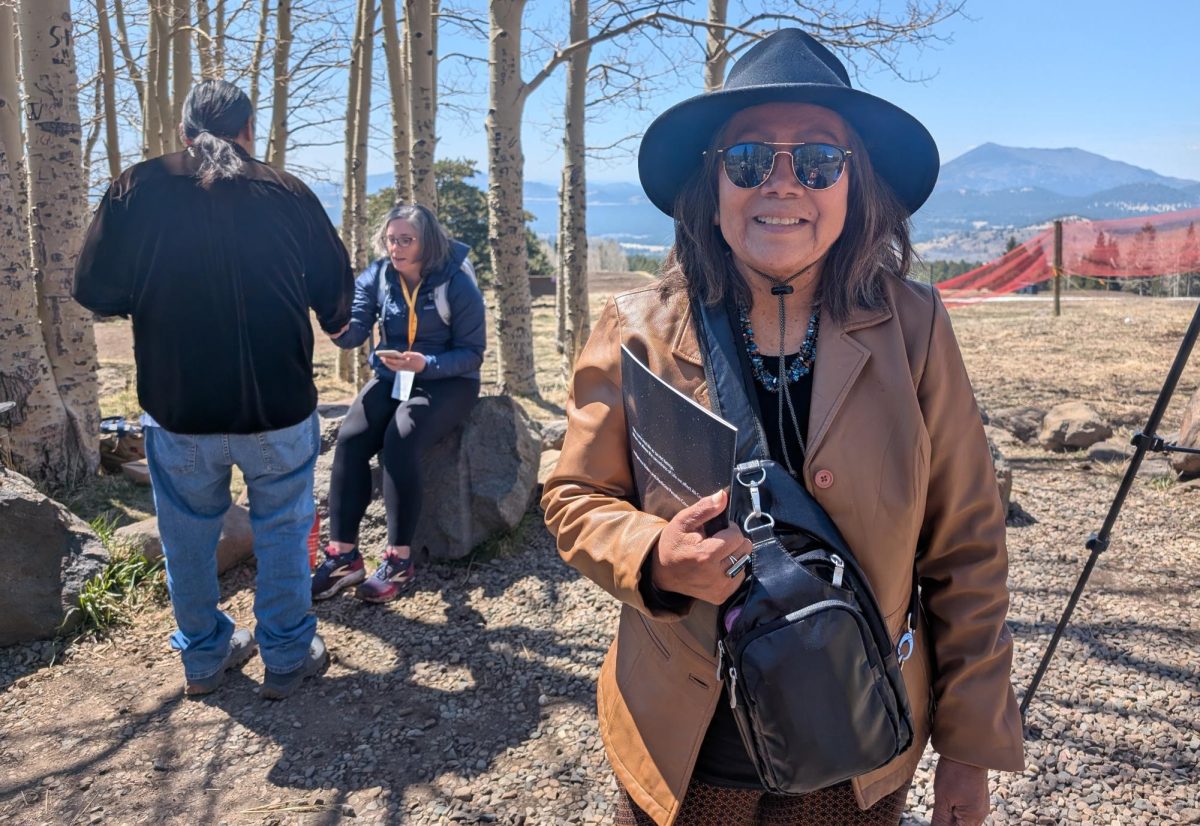On Friday, Feb. 23, Scottsdale Community College and the Center for Native and Urban Wildlife will host students and community members registered through the college’s service-learning program for a tree propagation event.
CNUW education and outreach program manager Natalie Case says the effort will producing up to 100 mesquite trees to be given out to SRP-MIC tribal members during the community’s Earth Day celebration.
Volunteers should meet in Two-Waters Circle on the SCC campus at 10 a.m.

Case reminds us that mesquite trees specifically fix nitrogen in the soil as well as providing valuable habitat and food.
“Mesquites are great places for birds to perch and to nest. Pollinators love the flowers and the seeds are eaten by everything from coyotes to humans,” Case said. “They provide an understory for other plants to survive, so we have nurse plant associations with our saguaro cactus.”
Volunteers for Friday’s event will reportedly be potting seedlings so the trees will be ready for the April event.
Case said up they are expecting up to 25 volunteers from the community at large as well as the SCC student body to work at the Center for Native and Urban Wildlife’s greenhouse on the SCC campus preparing the trees.
For Friday’s event, CNUW facilitators will have several workstations set up. Volunteers will fill pots with soil, create wells in the soil and plant a seedling in each pot and the containers will all be labeled accordingly.
Interestingly enough, the tree propagation effort will not only provide trees for SRP-MIC Community members, but will also serve as a soil experiment.
Case told Northeast Valley News that three soil groups will be used during the propagation effort.
One, a control group of regular potting mix, another will contain soil from beneath established mesquite trees, containing mycorrhizae and native soil bacteria. The third sample will contain biological soil crust, which Case describes as “communities of living organisms”.
The U.S. Geological Service says biocrusts contain a variety of microorganisms like mosses and algae that have important effects on desert plant and soil communities.
Case said the seedlings will be then be monitored for any differences in health or growth rates caused by the respective soils.
Volunteers for Friday’s event should bring a reusable water bottle and wear appropriate clothing for gardening.








